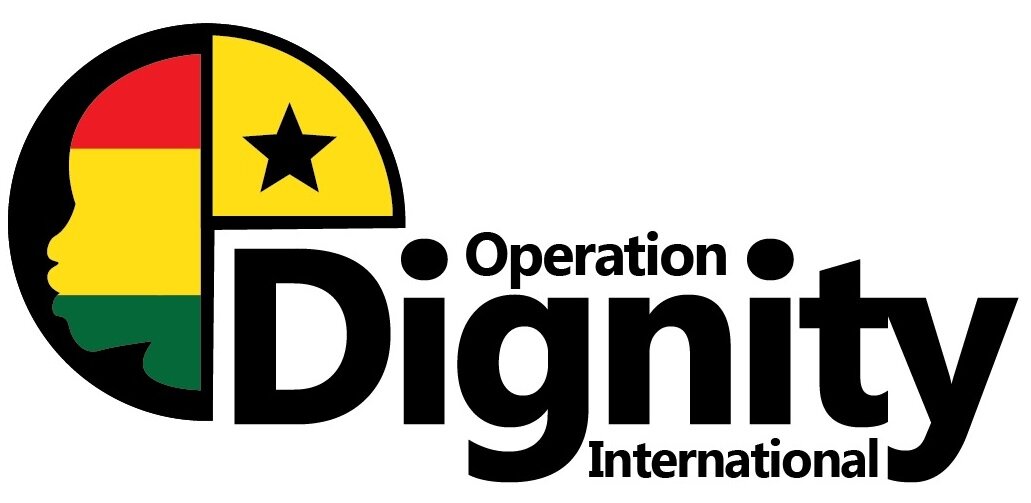
Education
Poverty is a complex issue with many roots. One of the many causes of poverty in Ghana is the lack of access to education. It has been stated that every person without an education lives in poverty, but those who live in extreme poverty absolutely lack access to a basic education. According to UNESCO, if all students in low-income countries had just basic reading skills (nothing else), an estimated 171 million people could escape extreme poverty. If all adults completed secondary education, we could cut the global poverty rate by more than half.
In the villages where we work, 100% of the villagers live below the poverty level of $1 per day. The children are kept out of school to find work with their parents, usually the mother. This means that the children will grow up expecting their children to work...and the cycle of poverty continues.
Education can be the great equalizer and for the villagers increased understanding of farming practices as well as the basic literacy of reading, writing, and mathematics will open a vast number of doors for them in everyday life.
Education has three direct impacts on poverty:
1. Education develops skills and abilities
A quality education system supports a child’s developing social, emotional, cognitive and communication skills. Education programs also support the development of knowledge and abilities. Children who receive quality primary education are more likely to develop these skills at a higher level than those who don’t. They can then use these skills and abilities to earn higher incomes or further develop other basic skills.
2. Education fights inequality
Before giving people more opportunities to participate in society, we need to address some specific obstacles that hinder participation. Often the most vulnerable in communities aren’t recognized as equals. As a result, they lack representation, power, and status. At an individual level, through education, those who are most vulnerable have the opportunity to build skills, gain knowledge, and have positive social growth in their communities. This not only establishes a foundation for lifelong learning but also assists in creating a greater ability to participate in society on a broader scale.
3.
Education can decrease risk and vulnerability
Processing life can be a disturbing event for those who experience trauma, insecurity, vulnerability to disease, and unacceptable behavior such as rape and violence which are all prevalent in Ghanaian villages. To them it’s a way of life. But through education we can empower young men and women to dream beyond their current expectations to a future with greater possibilities.




